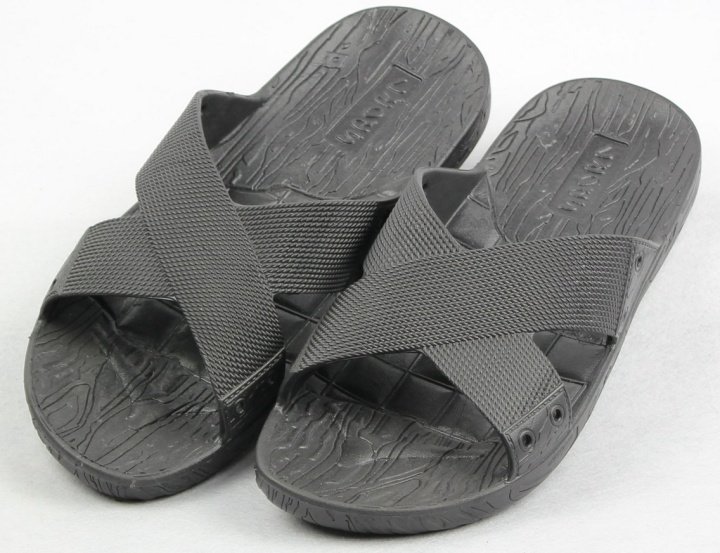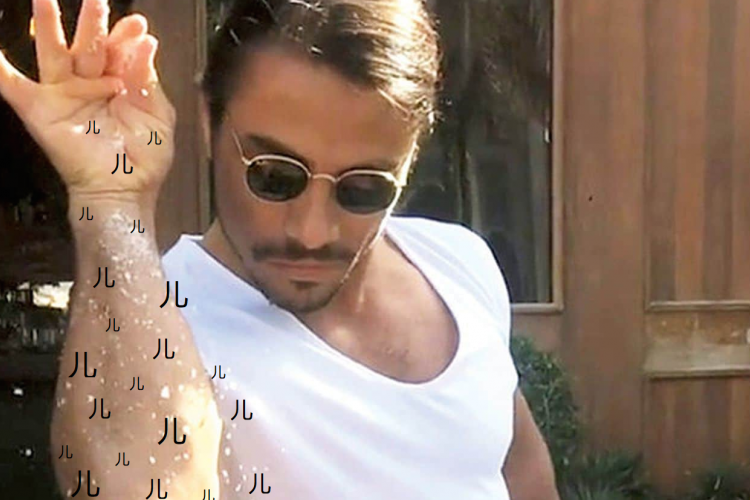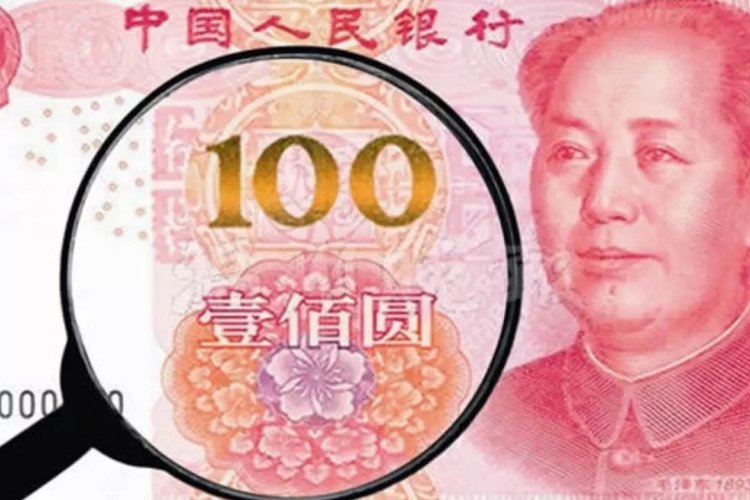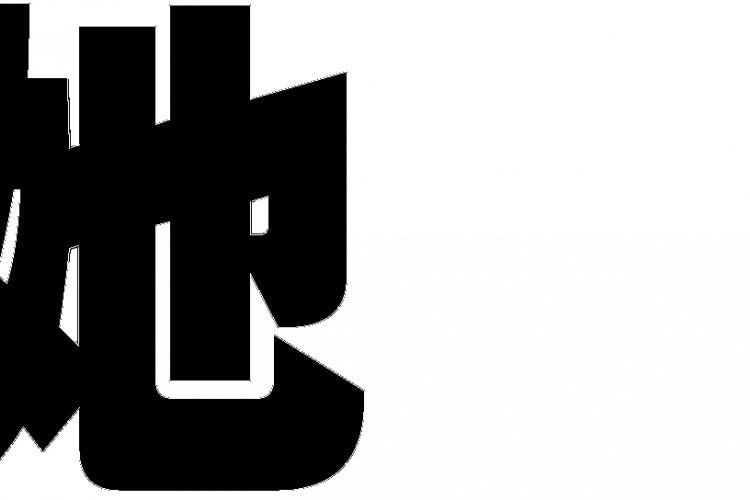Mandarin Monday: The Words Beijingers Speak But Don't Know How to Write
Mandarin Monday is a weekly column where we help you improve your Chinese by detailing learning tips, fun and practical phrases, and trends.
Among all the dialects that exist in China, 北京话 běijīng huà Beijing accent is already quite close to the Mandarin that is taught in the schools today, especially when it comes to pronunciation. However, Beijingers are also known for being highly descriptive and creative, especially with verbs and onomatopoeias.
These words all have counterparts in daily Mandarin, but can be as divergent as apples and oranges, or to use a more appropriate analogy, as different 豆浆 dòujiāng soybean milk compared to 豆汁 dòuzhī fermented soybean juice – both made from the same ingredients, but with a completely different flavor when it's in your mouth.
Once you've mastered 儿化音 ér huà yīn er speech, your knowledge of this vocabulary is next on the list in order to show off your authentic Beijing dialect. Below, you will learn how to say, use and even write a few of them so that you can impress your neighbors, most of whom, likely have never seen these characters in print!
捯饬 dáo chi To Dress up and groom or otherwise make someone look nice.
等会儿有个面试,我得捯饬下自己
děng huì er yǒu gè miànshì, wǒ dé dáo chi xià zìjǐ
I need to dress up for an interview later.

趿拉 tāla Shuffling around, usually in slippers. 趿拉板 tāla bǎn means slippers in the Beijing dialect.
别成天趿拉着鞋走路,一点精气神都没
bié chéngtiān tālazhe xié zǒulù, yīdiǎn jīng qì shén dōu méi
Don’t shuffle around with your shoes, you look so downhearted.
绰家伙 chāo jiāhuo 绰 chāo means quickly pick up something while 家伙 jiāhuo usually refers to tools when talking about objects but here means weapons in specific.
兄弟们,绰家伙!
xiōngdìmen, chāo jiāhuo!
Bros, arm yourself!
发憷 fā chù To cower or chicken out of something.
这孩子怎么一上台就发憷啊?
zhè háizi zěnme yī shàngtái jiù fā chù a?
Why is this kid always cowering out whenever he comes on stage?
薅 hāo Pull out or hold tightly to something.
别薅了,本来就没剩几根头发
bié hāole, běnlái jiù méi shèng jǐ gēn tóufǎ
Don’t pull my hair, I don’t have much left anyway.
扥 dèn This word also means pull but usually without intention to pull things out.
风筝要跑了,快扥一下线
fēngzhēng yào pǎole, kuài dèn yīxià xiàn
Pull the string quickly before the kite flies away.
呲儿 cī’er To rebuke or scold. This word usually comes from people who are older or have higher social status.
我作业没写完,上课被老师呲儿了
wǒ zuòyè méi xiě wán, shàngkè bèi lǎoshī cī’er le
I got scolded by my teacher because I didn’t finish my homework.
尅 kēi Do something in a quick yet brutal way. When used in Beijing dialect, it usually refers to rough-and-tumble play between friends our other light physical assaults that do not have malice intentions
结果回家还被我爸尅了一顿
jiéguǒ huí jiā hái bèi wǒ bà kèle yī dùn
Then I got beaten by my father once I went back.
齁 hōu The feeling of the throat tightened after tasting some overwhelming flavor, usually sweet or salty.
您悠着点,这面齁咸
nín yōu zhuó diǎn, zhè miàn hōu xián
Easy on that noodle, it is way too salty.
皴 cūn Describes the cracking skin due to coldness or dry wind.
北京这风吹的我手都皴了
běijīng zhè fēng chuī de wǒ shǒu dōu cūnle
The howling wind of Beijing cracked my hands.
擤 xǐng The action of blowing one’s nose.
您擤擤鼻子吧,这鼻涕泡往外冒的
nín xǐng xǐng bízi ba, zhè bítì pào wǎngwài mào de
Blow your nose, please. A snot bubble is coming out.
苶 nié A word to describe the state of being exhausted and spiritless
咋了,晒苶了?
zǎle, shài niéle?
What’s wrong? Exhausted from too much sunlight?
夹肢窝 gā zhi wō Armpits. Also referred to as 胳肢窝 gā zhī wō or 咯吱窝 gēzhī wō
你再不说话我就挠你夹肢窝了
nǐ zàibu shuōhuà wǒ jiù náo nǐ gā zhī wōle
I am gonna tickle your armpits if you keep your mouth shut.
擓 kuǎi To ladle out something or scratch something to relieve an itchy feeling.
麻烦您帮我擓两勺那道菜
máfan nín bāng wǒ kuǎi liǎng sháo nà dào cài
Please put some of that dish on my plate.
潲 shào The phenomenon of rain flying into a room (or a certain space) due to the wind
赶紧关窗吧,这雨又往里潲
gǎnjǐn guān chuāng ba, zhè yǔ yòu wǎng lǐ shào
Hurry up and close the window, the rain is slanting into the room again.
家雀 jiā qiǎo A nickname for sparrow in the Beijing dialect.
这家雀一天到晚叽叽喳喳个不停
zhè jiā qiǎo yītiān dào wǎn jījichāchā gè bù tíng
The sparrows chirp whole day long
歘 chuā An onomatopoeia to describe the short sound that created when something streaks by quickly
我还没回过神,那小毛贼歘的一下就没影了
wǒ hái méi huíguò shén, nà xiǎomáo zéi chuā de yīxià jiù méiyǐngle
That little punk ran away within the blink of an eye before I realized what had happened.
饧 xíng The process of resting dough softening up.
面和好了放那边饧三十分钟
miàn hé hǎole fàng nà biān táng sānshí fēnzhōng
Let the dough rest there for about 30 minutes.

搋 chuāi The action of using one’s palms to press, rub, and knead something to mix things together and evenly. The word 搋子 chuāi zi means a plunger.
马桶堵了?用搋子搋两下
mǎtǒng dǔle? Yòng chuāi zi chuāi liǎng xià
The toilet is clogged? Use the plunger to unblock it.
熥 tēng Reheat the food by baking or steaming it.
终于回来了,我把馒头给你熥一熥吧
zhōngyú huíláile, wǒ bǎ mántou gěi nǐ tēng yī tēng ba
You are finally home, let me reheat the steamed bread for you.
膙子 jiǎng zi A callus or an area of skin that is thick and hard from continual pressure or friction.
他一看就不怎么撸铁,手上都没膙子
tā yī kàn jiù bù zě me lū tiě, shǒu shàng dū méi jiǎng zi
He doesn’t even lift because there is not a single callus on his hands.
拾掇 shíduo Tidy things up or tackle with something.
爸妈要来了,快把屋里拾掇一下
bà mā yào láile, kuài bǎ wùlǐ shíduo yīxià
My parents are coming, let’s tidy up the room real quick.
撂 liào This character means the action of dropping or throwing off. It is usually used in the phrase 撂挑子 liàotiāozi which means someone who quits from their duty.
你这人怎么遇事儿就撂挑子呢?
nǐ zhè rén zěnme yù shì er jiù liàotiāozi ní?
Why you such a quitter?
剌 lá Cut or slit
我手被纸剌了
wǒ shǒu bèi zhǐ lále
My hand was slit by the paper
酘 tóu Wash and scrub things to remove unpleasant scents.
衣服太脏了再酘两下吧
yīfú tài zàngle zài tóu liǎng xià ba
Better wash these clothes a couple more times since it was so dirty.
撮 cuō This word describes the specific behavior of friends gathering for a meal in the Beijing dialect
咱几个啥时候撮一顿啊?
zán jǐ gè shà shíhòu cuō yī dùn a?
When are we all gonna grab some food together?
㨄 zhōu To lift or overturn something when holding an end of it. It can also mean bottoms-up a shot when drinking.
小祖宗哦,你别把我桌子再给㨄了.
xiǎo zǔzōng ó, nǐ bié bǎ wǒ zhuōzi zài gěi zhōule
Holy moly, be careful, don’t overturn my table again.
脬 pāo Used to describe a large bulge, usually the bladder, and serve as a quantifier for urine, as in 一脬尿 yī pāo niào a bladder of piss.
你这脬尿咋撒的那么久啊
nǐ zhè pāo niào zǎ sā dì nàme jiǔ a?
Why is it taking so long for you to pee this time?
Read: Why Chou Dofu is Good for Your Health(y)
Images: BTV, Zhihu, Hisplumber, Tiktok
Related stories :
Comments
New comments are displayed first.Comments
![]() KingCrimson
Submitted by Guest on Mon, 07/20/2020 - 19:51 Permalink
KingCrimson
Submitted by Guest on Mon, 07/20/2020 - 19:51 Permalink
Re: Mandarin Monday: The Words Beijingers Speak But Don't...
The Words Beijingers Speak But Don't Know How to Write
I find it very hard to believe that Chinese people in Beijing cannot write the words posted in this article.
Go ahead and test people on the street. I look forward to seeing your documentary to prove your claim.
![]() Sikaote
Submitted by Guest on Mon, 07/20/2020 - 15:44 Permalink
Sikaote
Submitted by Guest on Mon, 07/20/2020 - 15:44 Permalink
Re: Mandarin Monday: The Words Beijingers Speak But Don't...
The Words Beijingers Speak But Don't Know How to Write
I find it very hard to believe that Chinese people in Beijing cannot write the words posted in this article.

Validate your mobile phone number to post comments.







